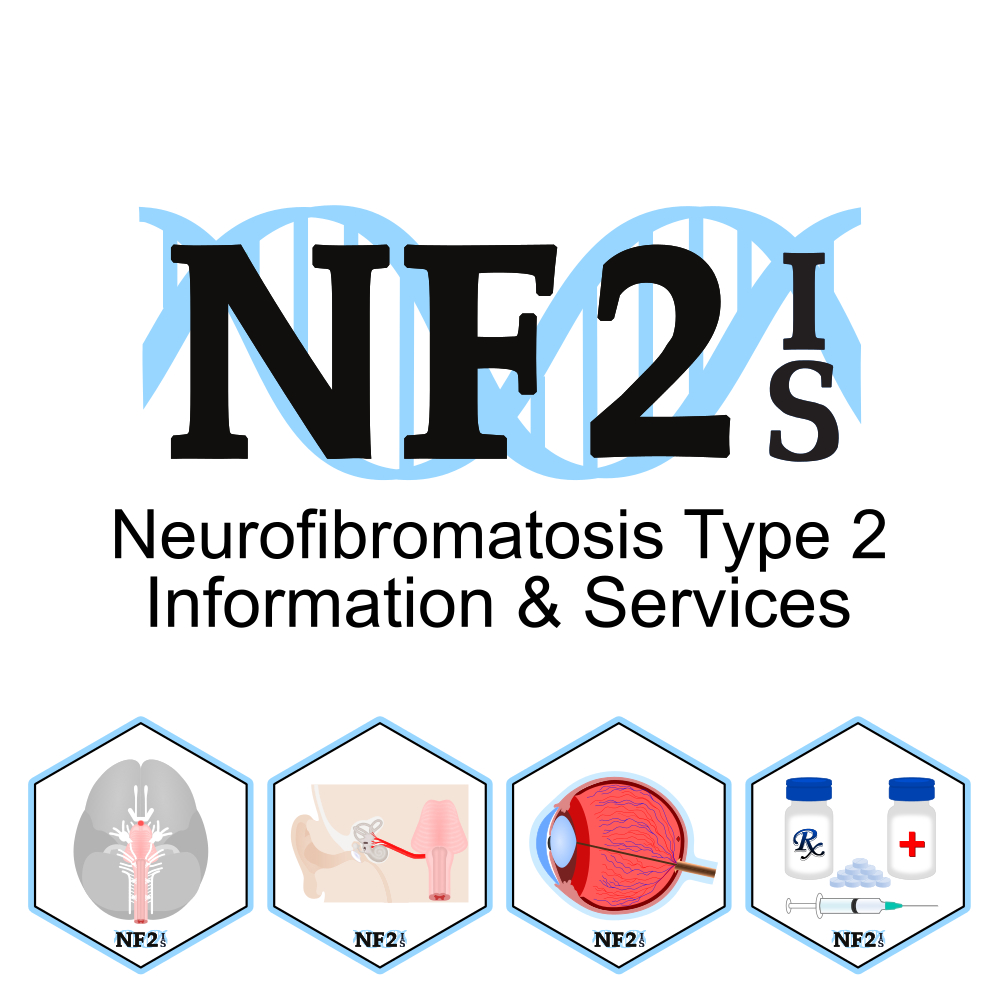Home > Support > Groups >
Sleep
Sleep is important, not just physically but mentally. A full night of sleep can help both the body and the mind and can; relieve stress, give your brain time to solve problems and also aids in recovery.
It is very important to maintain a healthy amount of sleep if you have NF2. Information here includes:
- Brain Surgery Recovery
- Understanding Sleeping Patterns
- Forms of Sleep - REM and NREM
- Stages of Sleep
- Sleep Options
- Sedatives and Sleeping Pills
- Best Methods to Sleep Better
1. Brain Surgery Recovery
The process of learning new things is taken in by the left hemisphere of the brain, to be processed by the right. While we sleep our brain connects the information in the brain to related information we know, further strengthening our understanding of things. This happens in REM sleep.
When brain matter is touched or moved, memory connections are often damaged but sleep can help find new connections to recover, therefore sleep is particularly important after brain surgery. The additional sleep we require after brain surgery gives the brain the opportunity to adjust to changes and reform our memories. Depending on the damage will determine how long this process might take if it needs to happen. Exercise of the brain during the day, mental activities, can also help to strengthen and recover faster and more completely.
However, following brain surgery we might not be able to sleep as easily due to the combinations of medications given during surgery and after to reduce swelling like steroids, in addition to pain and additional anxiety, as well as other factors.
2. Understanding Sleep Patterns
If you are having a problem with sleep, it might help you to understand sleep patterns.
Forms of Sleep - REM and NREM
There two forms of sleep; REM (Rapid Eye Movement) and NREM (Non Rapid Eye Movement). The first 4 Stages of sleep are NREM sleep; these stages are needed to relax the body and the 5th stage, the stage or REM, is for the mind. Sleep Deprivation as a result of not enough sleep time is unhealthy for brain and body.
Stages of Sleep
There are 5 stages of sleep. We cycle through all 5 of these cycles, several times during the course of a night. The number of cycles we need varies from person to person and changes over the course of our lifetime, which is why people require different amounts of sleep.
Medication for pain is often prescribed because it is harder for your muscles to heal when stressed and tense during waking hours. Sleep allows natural relaxation for the body to physically heal and rebuild. The first 4 stages of sleep are where we can get this, since as you enter into Stages 3 and Stage 4 your body does not move and becomes completely relaxed.
- Stage 1: (Duration 5 Minutes to 10 minutes) In the first stage of sleep is when your eyes are closed and you can easily be woken up.
- Stage 2: (Duration 10 Minutes to 15 Minutes) This stage of sleep is light sleep where muscle relaxation and slower heart rate occur.
- Stage 3: (Duration 10 Minutes to 15 Minutes) During the 3rd stage, you enter Delta sleep where deep sleep starts.
- Stage 4: (Duration 10 Minutes to 15 Minutes) The fourth stage is a deeper level of sleep then stage 3.
- REM: (Duration 10 Minutes to 1 Hour)
This is the level of sleep we need to solve problems. This is the level where we dream. The duration of REM sleep changes during the course of the night, with longer durations with each cycle. Involuntary movement or eyes and body are normal during this level of sleep.
The brain requires a certain amount of time in REM sleep each night to be fully rested.
3. Sleep Options
Sedatives and Sleeping Pills
You do not get the same level of sleep when you use sedatives or sleeping pills to fall asleep. Alternate methods are recommended. Sedatives and Sleeping Pills can result in different issues including:
- Dizziness
- Headache
- Prolonged Drowsiness
- Sleep Behaviors Issues - Sleep-Walking and Sleep-Eating
Best Methods to Sleep Better
There are small things you can do that might aid in sleeping better:
- Spend as little time in your bed as possible when awake.
- Reduce smoking, drinking alcohol and caffeine late in the day.
- Do yoga to stretch painful muscles and relieve tension before bed.
- Try different forms of meditation to relax your mind.
- Learn more about Biofeedback to help you physically slow down to fall asleep faster.


 |Google Play
|Google Play